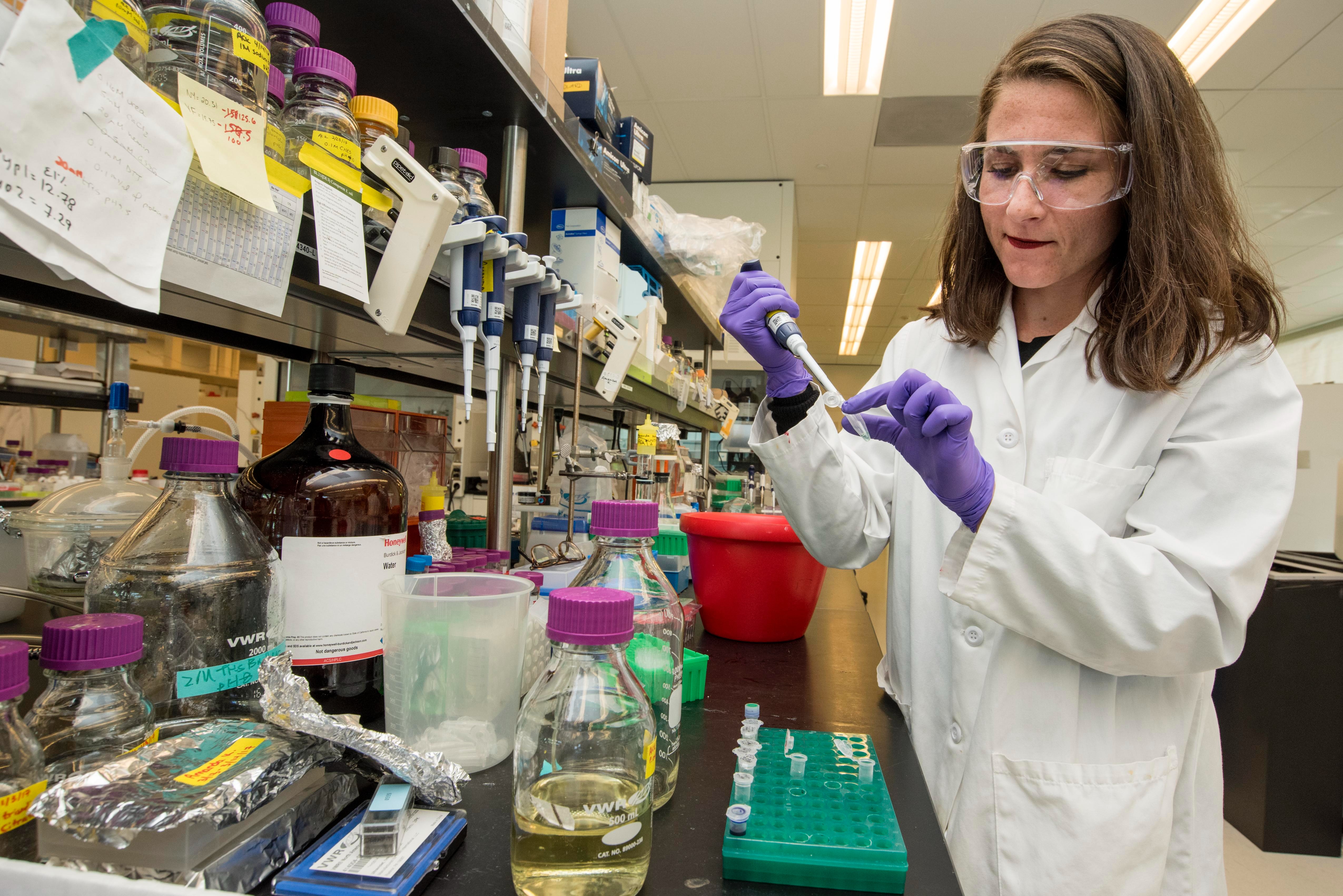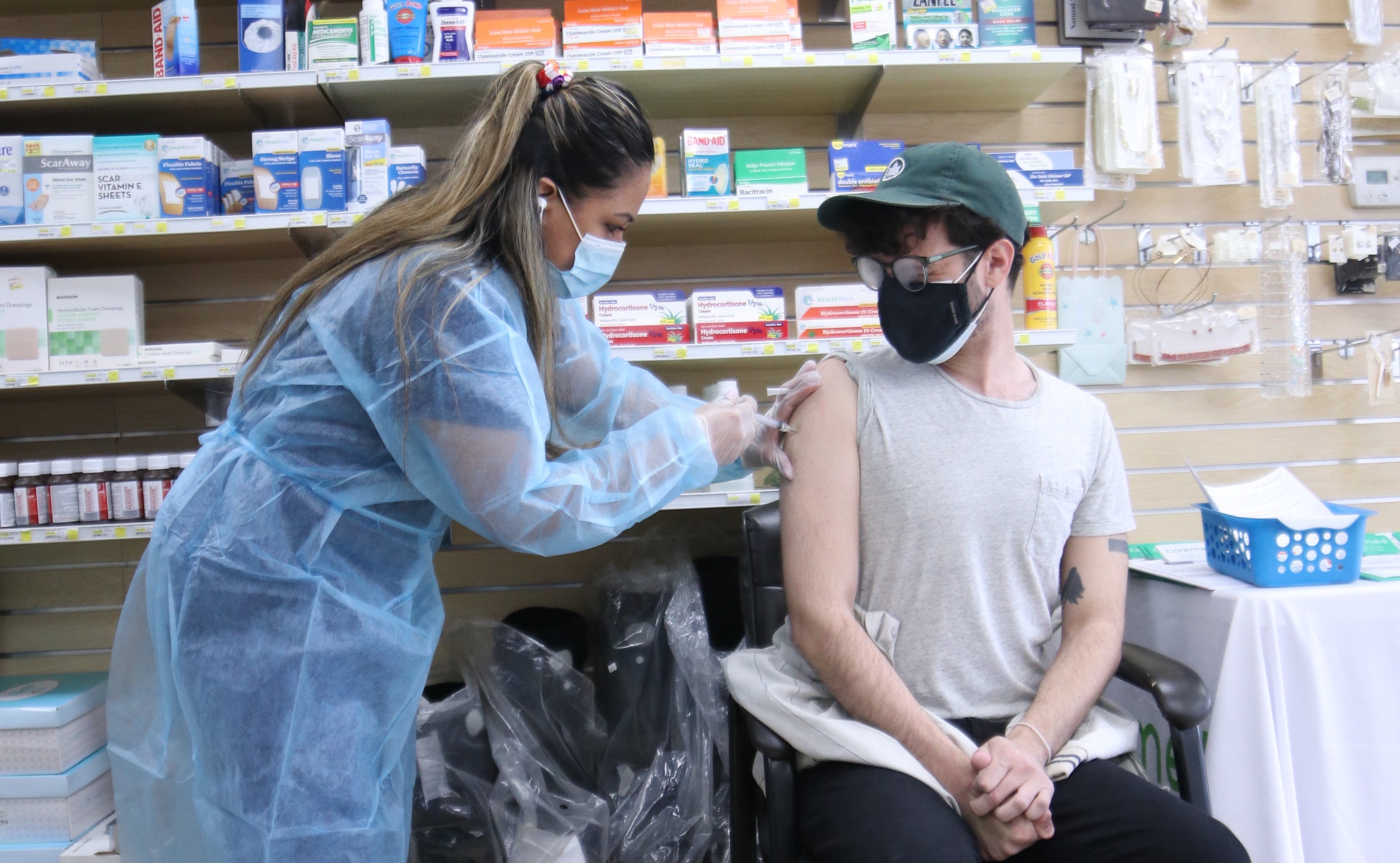Even the best instructional strategy will fail if it ignores one basic fact: humans are really good at forgetting things. Good news: reinforcement through deliberate practice solves this problem, and adaptive learning does this automatically.
Corporate training is almost always a one-time event. The traditional approach is to deliver instruction through several hours in the classroom or at computers with static material online. When the course is completed, it’s (erroneously) assumed that people have grasped the information and skills necessary to perform their jobs, and that they will retain them.
What’s not accounted for, however, is how much learners actually retain and how much they forget. In the late 19th century, Hermann Ebbinghaus, a German psychologist, demonstrated what became known as Ebbinghaus’ forgetting curve. Within the first 24 hours, Ebbinghaus found, 70 percent of newly acquired information cannot be recalled, and as much as 90 percent is lost within the first two weeks. Similar studies have been repeated throughout the decades, coming to similar conclusions.
Advanced adaptive learning platforms can address this problem by periodically revisiting prior learning in a very targeted fashion to improve retention. Area9 Rhapsode™, our fourth-generation adaptive learning platform, calls this feature “Refresh.” As part of its personalized approach to each learner, the system predicts what a learner is likely to forget and in what time frame. Over a period of days, weeks, or even longer, the system serves up an ever-changing sequence of reinforcement.
Understanding the Problems of Knowledge and Skill Retention
As organizations focus on learning and development (L&D), particularly to retrain workers with higher-order skills for the technology-powered workplace, the problem of knowledge and skill retention must be more widely acknowledged. Equally critical is understanding what isn’t effective in enhancing knowledge retention, particularly those long-practiced methods that are assumed to be useful but prove otherwise.
One approach is flashcards, such as those used in elementary school for memorizing the alphabet and basic arithmetic, as well as in higher education to commit facts and information to memory. Students read a flashcard with a question on the front, then turn it over to reveal the answer. But that information is stored only in short-term memory, which has a limited capacity of about five to nine items at any given time.
When going through a stack of flashcards, all learners are doing is cycling constantly through short-term memory. What’s needed, clearly, is a way to determine whether information is making the transition from short-term to long-term memory.
Another problem is that recognition is often confused with knowing – the “feeling of knowing” problem. It’s one of the tricks the human brain can play on us. A classic example is a research study that tested people’s recognition of faces—some of celebrities and some of people who were familiar from everyday life. The research determined that people have the capacity to recognize thousands of faces. But when asked to put a name with a face, people were far less accurate.
Making Knowledge “Stick”
With an understanding of these limitations, we can see that learning needs to be more deliberate and personalized—not only in delivering instruction, but also in ensuring that learners build and retain knowledge. This involves re-experiencing and reinforcing learning so that knowledge starts to “stick.” A layperson’s understanding of the cognitive science involved is using spaced repetition to build neural connections in the brain, similar to how “reps” of an exercise build muscle.
When learners have an opportunity to put something they’ve learned into practice, neural connections are forged and reinforced, which greatly improves the probability that the information will be retained. Without that opportunity to put knowledge into practice, there’s a risk that the brain may view the information as expendable because exposure only happened once. That problem becomes severe when rarely-used information is critical—e.g., safety protocols in the event of an emergency. Without reinforcement, the information that was supposedly “learned” at the safety course is not accessible when it’s needed most.
Now, through artificial intelligence (AI) for greater personalization, reinforcement can become a part of the learning experience through adaptive learning platforms.
Refresh to Reinforce
The beauty of an adaptive learning platform is that it adapts to the learner—not the other way around. Through the use of probes (questions) the system ascertains what an individual learner has already mastered and where there are gaps, including “unconscious incompetence” which occurs when people believe that they know or can do something but, in fact, do not.
A key part of personalization is the refresh function, which uses AI to maintain a prioritized list of what a person has learned and what new material needs to be reviewed again over a period of time. It doesn’t serve up the same exact content, again and again; rather certain problems and instruction are revisited in a targeted way.
Admittedly, refreshing over time is a departure from how most courses are perceived by both learners and corporate chief learning officers (CLOs). The traditional thinking around taking and completing a course, though, can no longer be the status quo (as we’ll discuss in an upcoming blog). Given today’s higher stakes to equip learners with knowledge and skills for the 21st century, course completion cannot be the proxy for learning.
Brief exposure that puts information and data into short-term memory cannot suffice. Rather, it takes adaptive learning to build proficiency and retain knowledge and skills over time.
How to Achieve Personalized Adaptive Learning with Area9 Rhapsode™
October 11, 2019
9am EST / 2pm CET
60 min











